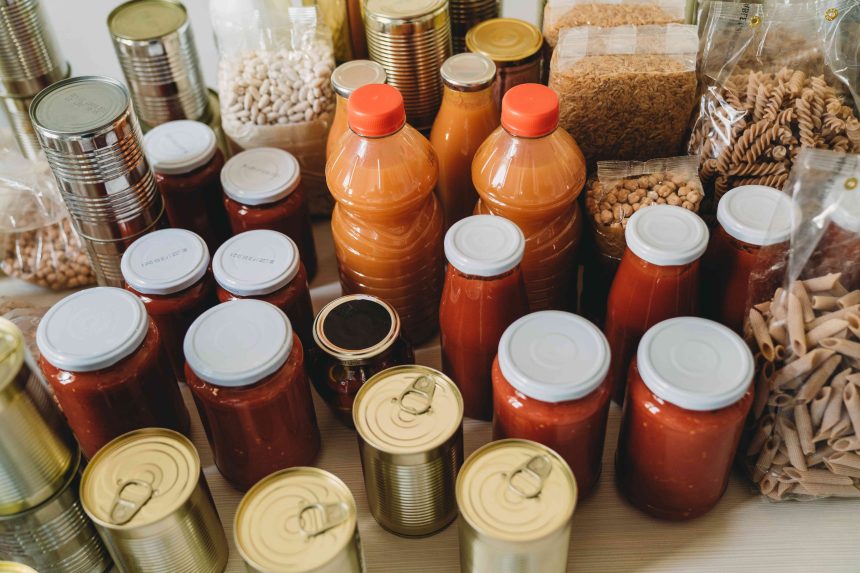There are plenty of good reasons to have a well-stocked pantry. An extra bottle of olive oil or bag of flour can really save the day when you don’t feel like running to the store. On busy weeknights, you can open your recipe box and pull out staples like pasta sauce or spices to use with whatever you have in the fridge. It’s also a relief to have an extra can of soup or beans when the power goes out.
We’re advocates for being prepared, but there’s such a thing as overdoing it. When you overstock your pantry, it can cost you big in terms of grocery bills and wasted food. You don’t want to run into any of the situations we’ve listed below in your enthusiasm for keeping your pantry full. Here’s why you don’t want to overstock your pantry.
Food Safety And Quality
Yes, even shelf-stable food can go bad or lose quality to the point that you need to throw it out. Spices lose their spiciness. Bags of flour will oxidize or become stale enough to affect the flavor of your homemade bread. Self-rising flour will lose its ability to rise. Canned foods change color, texture, and flavor after a year or two. Other staples like peanut butter can turn unpleasantly rancid in six months.
Plus, all cereals, grains, nuts, and crackers can attract weevils or pantry moths once packages are opened. An overpacked pantry will give those critters lots of places to hide. These are all good reasons to avoid stocking three years of supplies in your pantry.
Waste And Overspending
Have you ever lost something in the back of your pantry? We certainly have. If you can’t see what you have on those shelves, you’re more likely to buy a fourth packet of food coloring or yet another bag of pancake mix. Meanwhile, your old pantry items dry out, grow stale, or become rancid and you have to throw them out. What a waste.
Inefficient Meal Preparation
Have you ever been at a critical point in your cooking and suddenly realized you need a sprinkle of oregano? When your shelves are packed, it becomes really hard to find what you need. You may spend 15 minutes digging around or even miss out on including an ingredient that would make your dish sing.
Overloaded Shelves
Shelves can’t hold a limitless amount of weight. When overburdened, they begin to sag or even fall. You want to avoid stacking your shelves mile-high (and make sure they’re properly attached to sustain any extra weight).
Tips For Preventing Pantry Overload
- Stock extras of what you use frequently: Focus on flours, oils, snacks, condiments, and canned goods you use on a weekly basis rather than those you use a couple of times a year. Buy one or two extras of frequently used ingredients—not five or 10.
- Organize your pantry: Divide your supplies by category and organize them so you can find things more easily. You might have areas for baking supplies, lunch ingredients, and oils and vinegars, for example. Use bins or shelf dividers to keep related ingredients together. Place the oldest of each item at the front so it gets used first.
- Clean your pantry regularly: Clean out your pantry at least two or three times a year. Throw out expired goods and those that are well past the “best by” date. Clean up crumbs and spills and make sure everything is tightly sealed.








